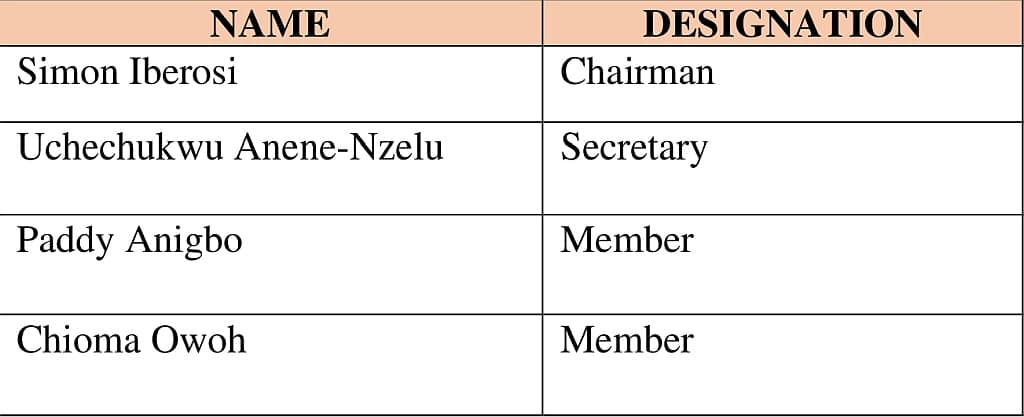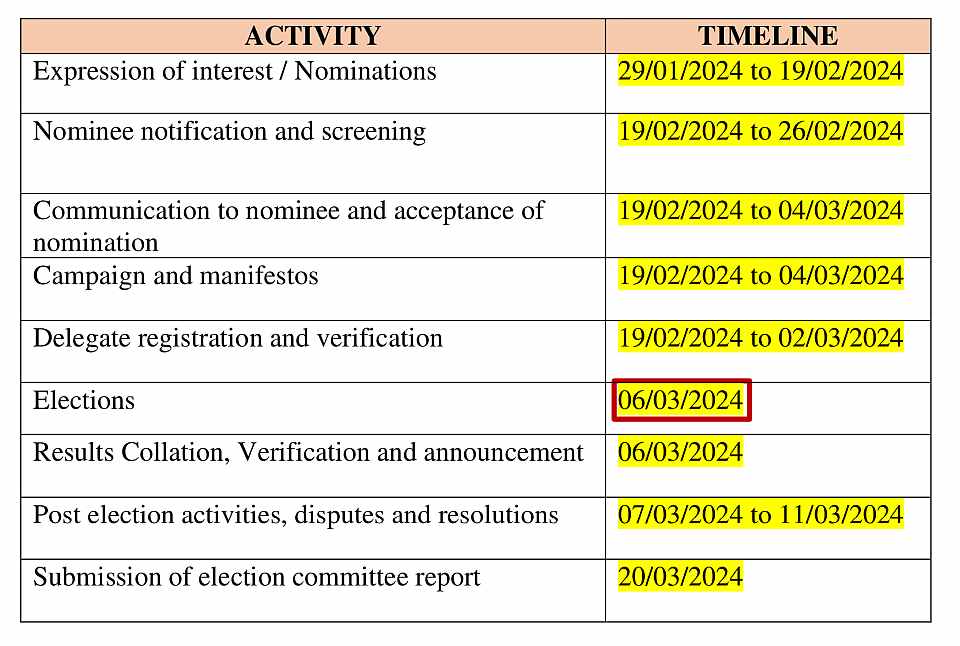We all know the story of water in FGC Enugu. Solve the seemingly intractable water problem and challenges around hygiene, maintenance of the school’s football field and green areas, nature of toilets and bathrooms deployed, student’s study time and high operating cost of the school will find a natural resolution.
Total Nigeria and its Joint Venture partners have committed to deploy about N65 Million as a Corporate Social Responsibility initiative to find water in the school as well as provide a water treatment plant. The alumni driven earlier adopted Water Reticulation project will consequently be an integral part of the Borehole and Water treatment plant project.
The project contractor, Toppens Contracting Supplies (Toppens) has commenced drilling at FGCE and found water at 70ft. Two boreholes were sunk and located about 10metres away from each other. Water samples have been taken and found appropriate, however the FGCEOSA Infrastructure Intervention Committee’s (IIC) present view is that clear water at a depth of 70ft is only okay as a fall-back position after exploring other pilot holes in the school.
Both wells were test run with a 1hp pump at around 37 ft (11.27metres); produced nearly clear water at around 50-60 L/Min i.e. 3,000 – 3,600litres/hour.
The specification given to Toppens is to drill to a maximum of 300metres and the current borehole at 70ft (21.3metres) in the IIC’s view does meet the requirements, though the other aspect of the specification given to the Topens is to get ‘sustainable’ water supply at a flow rate of 2,500 litres per hour has been met. This is a shallow well (less than 35metres) and this evaluation was done at the peak of rainy season in Nigeria.
Essentially a prolific well at 70ft is our base case, but the Infrastructure Intervention Committee are clear that we should still try to reach the Ajali formation, which would be between 100 and 200m (not ft).
We shall be writing TOTAL to table our concerns and this could well result in the work being temporarily suspended until the sustainability of these two boreholes are proven over a full season (Wet and Dry Season).




